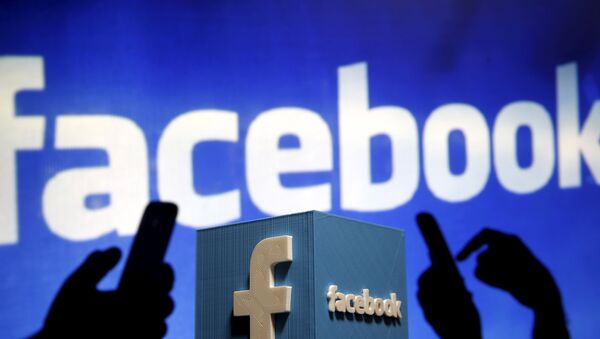The firm insisted that the panel, which will hear its first "cases" in 2020, will have the power to override decisions it makes over contentious material and influence new policy. The panel will eventually comprise 40 people around the world but will be smaller at first, with no fewer than 11 part-time members.
Facebook outlined how the board would operate in a charter published on Tuesday. The goals of the panel, as stated by Facebook, are to: "Provide oversight of Facebook's content decisions," “Reverse Facebook's decisions when necessary," and "Be an independent authority outside of Facebook.” However, Facebook will control which cases are submitted to the board, and the panel members will decide which of those cases to take on, raising questions about potential censorship in deciding which cases may even make it to the board.
Facebook anticipated that the board would only consider "dozens" of cases a year, focusing on those where a clear decision would be in "the greatest public benefit." Users affected will be allowed to state their case in a written statement, but Facebook said it anticipated some board members may wish to speak to users "face-to-face."
"The board's decision will be binding, even if I or anyone at Facebook disagrees with it," Zuckerberg said. "The board will use our values to inform its decisions and explain its reasoning openly and in a way that protects people's privacy."
Experts have questioned the board's independence, as well as the motivation behind the move.
"Facebook does not have a court," said Bernie Hogan, a senior research fellow at the Oxford Internet Institute. "The only vote that really counts is the majority shareholder, Mark Zuckerberg."
"Facebook's 'supreme court' invokes all the pomp and circumstance of actual judicial practise without any of the responsibility to citizens," he added.
The board will be paid via a trust set up and funded by Facebook upfront, raising questions whether the “judges” on the panel will be able to act independently. Facebook said the trust would be opened up for other networks to join - and fund - in future. The media giant also insisted it is “committed to selecting a diverse and qualified group,” with current or former Facebook employees or their spouses, current government officials or lobbyists, high-ranking officials within political parties, or significant shareholders of Facebook all restricted from joining the board.
The decision comes amid multiple controversies over Facebook’s moderation processes. In a recent example, an anti-abortion video claimed to contain inaccuracies by an independent fact-checking group contracted by Facebook, was removed - only to be reinstated after four Republican senators complained about the ban to Zuckerberg personally, accusing the platform of having a bias against conservative views.
"This panel is seen as an attempt to do something, but it appears to be just short of having enough teeth to make a difference," Hogan told the BBC. "It is a way to tell critics 'lay off, we are doing all it can'. Such a panel, while admirable, is no match for some well-organized trolls or broad systemic issues."



